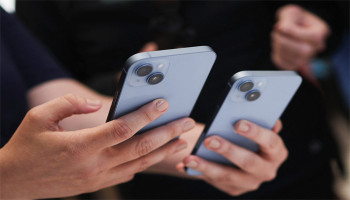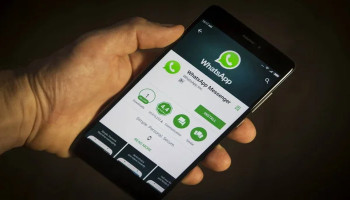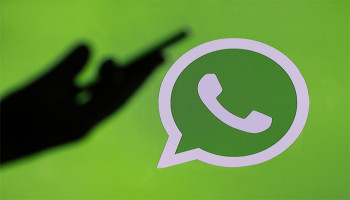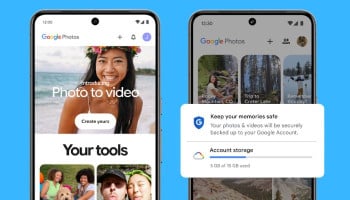
In a startling revelation by Aaron Johnson, interviewed from prison by Joanna Stern of the Wall Street Journal, iPhone users are confronted with a grim reality: their devices are vulnerable to a rapid takeover by tech-savvy criminals.
Johnson's insights illuminate a disturbing capability to commandeer iPhones, seizing control within seconds, bypassing user access, and penetrating personal financial data and sensitive applications. His exploits include stealing numerous iPhone units, resulting in the alleged theft of hundreds of thousands, if not millions, of dollars.
Initially, Johnson's modus operandi involved stealing iPhones, erasing their contents, and subsequently reselling them. Faced with unemployment, homelessness, and responsibilities towards children, he gravitated toward exploiting iPhones as a means of financial gain. However, he soon discovered an even more lucrative scheme by infiltrating and manipulating these devices without the owners' awareness.
Johnson's tactics involved observantly lurking in Minneapolis bars, discreetly observing individuals entering their six-digit passcodes. Employing a mix of keen observation and deceptive tactics, particularly targeting drunk college-aged individuals, he procured passcodes through false claims and deceitful interactions.
While obtaining the passcode was one feat, seizing physical possession of the iPhone often required tactics Johnson himself described as involving "trickery and violence," as indicated in his arrest warrant. Once in control, he swiftly manoeuvred through settings, reset passwords, altered Apple IDs, and disabled security features like Find My iPhone, completely locking out the legitimate owners.
How to protect your iPhone
In conversation with Stern, Johnson emphasised the pivotal role of Face ID, likening it to a master key that unlocks a plethora of digital assets. He admitted to exploiting various apps, perusing bank accounts, cryptocurrency wallets, and personal information, often found in unsuspecting places like the Notes app, which he deemed a treasure trove of sensitive data, including passwords and social security numbers.
Johnson's illicit activities unfolded swiftly, often resulting in the depletion of victims' bank accounts before dawn, followed by reckless spending using unused credit lines. Subsequently, he would erase all data from the compromised iPhone and sell it for profit.
Despite the criminal exploits, Johnson ironically called for enhanced consumer protection from Apple, a stance in line with the upcoming iOS 17.3.
















